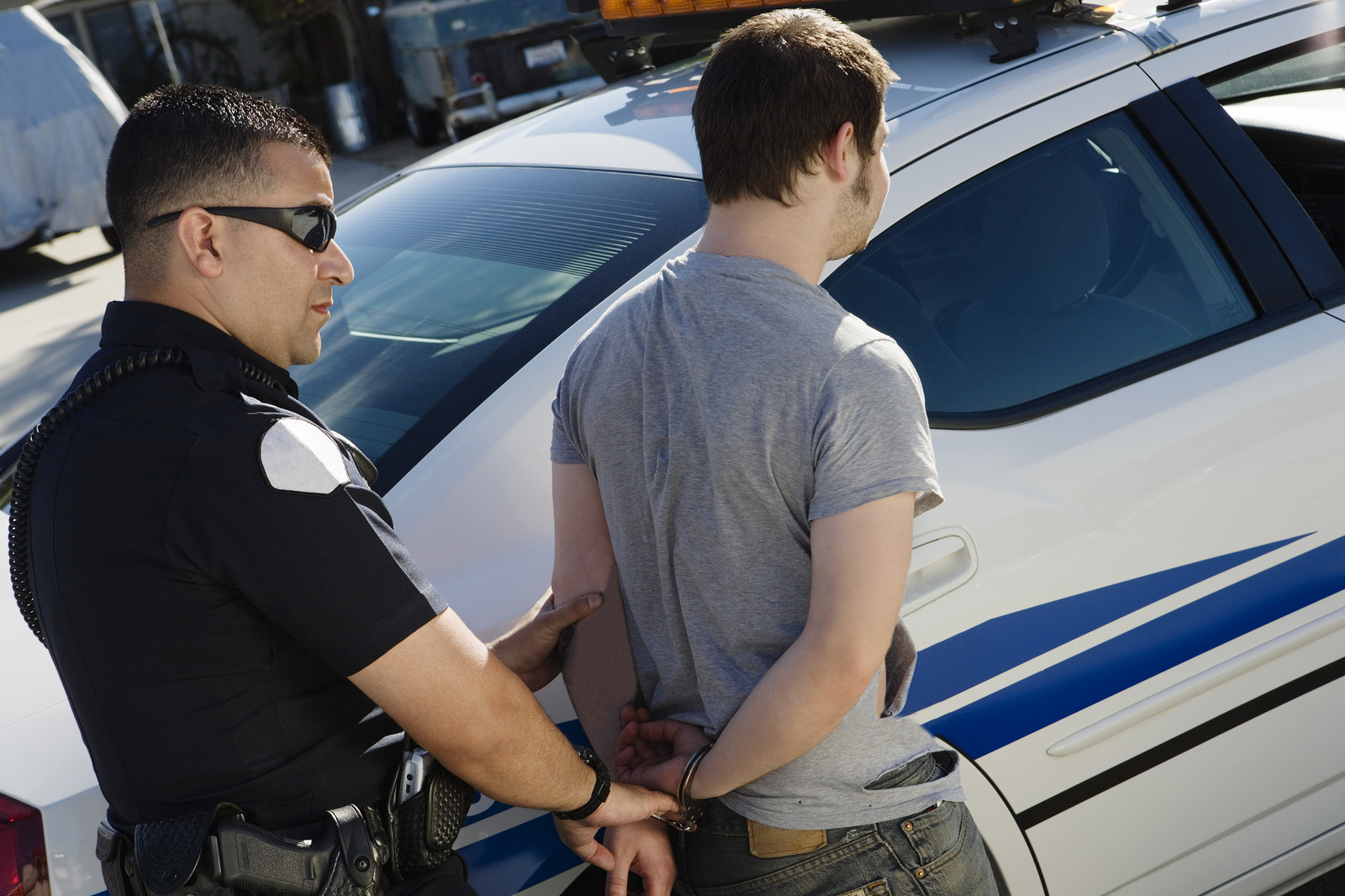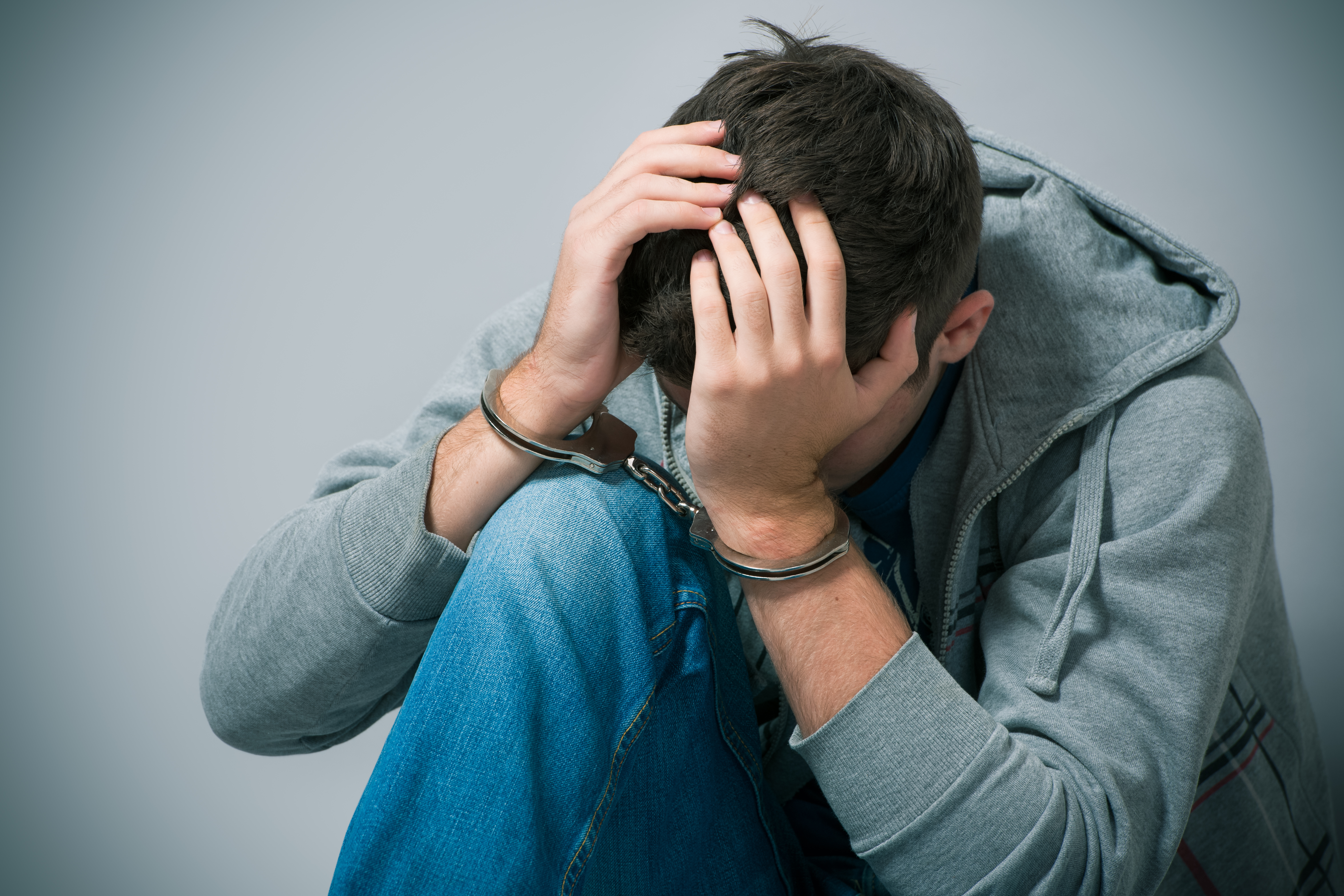Juvenile Offenses


California Explores New Protections in Juvenile Cases
Over the next few months, California’s juvenile justice system could undergo a number of important changes that would better protect minors facing criminal charges. Lawmakers have introduced eight bills that are designed to increase the minimum age for minors to face incarceration, provide additional constitutional protections, and prevent minors from facing life sentences without the possibility of parole. Here’s a look at some of the new proposed laws that could…
Read More
How the California Juvenile Justice System Continues to Change
If you’ve ever heard the term “juvenile hall,” you know there is a difference between adult criminal courts and the juvenile justice system. But what really is the difference? Don’t minors convicted of crimes just go to a separate jail for people 18 and under? In the past, minors who committed crimes were often sent to juvenile correctional facilities. However, the California juvenile justice system is now using different methods…
Read More
Do Minors Have a Right to an Attorney in School Discipline Cases?
Every weekday, you send your children off to school, trusting that they will behave themselves, and if they misbehave, the school’s administration will notify you immediately. What you may not know is that in many cases when a minor is accused of committing a crime, the questioning of the minor begins long before his or her parents are notified of their child’s alleged wrongdoing. Does this violate a minor’s rights?…
Read More
Do Juveniles Admit to Crimes They Didn’t Commit?
False confessions are a serious problem in our criminal justice system, particularly for young people under 18 years old. According to The Innocence Project, an organization dedicated to exonerating wrongfully accused individuals, between 2.3% and 5% of individuals in prison are actually innocent of the crime they were convicted of, and one-third of those people were between 14 and 22 years old when they were arrested.1 One of the main…
Read More
California Court Allows GPS Tracking of Minors
If your child consistently fails to attend school, he could be forced to wear a GPS tracking device to monitor his whereabouts. In a recent case, a California appeals court ruled that minors who are repeatedly truant from school can be ordered to wear a GPS monitoring device as a condition of probation pursuant to California Welfare and Institutions Code section 601. What is Considered Truant? Under Welfare and Institutions…
Read More
For what types of crimes can a minor be charged as an adult?
You are a 17-year old high school student. After class, you are hanging out by the basketball court. You notice a freshman student listening to his iPod. You tell him to give you the iPod. When he refuses, you pin him to the ground, take his iPod, and leave the scene. Now you are being accused of felony robbery. Will you be charged as a minor or an adult? If…
Read More
New Court Ruling Gives Hope To Juvenile Offenders
When he was 17 years old, Andrew Moffett and an accomplice robbed a supermarket. The parties fled in a stolen car, but they crashed their vehicle and hid in nearby bushes. When police officers approached, Moffett's accomplice shot at and killed one of the police officers. Both minors were captured; Moffett's accomplice was tried and found guilty of first-degree murder, and Moffett was found guilty of first-degree murder under the…
Read More
NEW RULING: JUVENILES MUST BE GIVEN CHANCE AT PAROLE WHEN SENTENCED TO DECADES IN PRISON
Wallin & Klarich's experienced juvenile defense attorneys in Orange County inform you that in a victory for juveniles who commit crimes in our state, the California Supreme Court decided it was "cruel and unusual punishment" to convict a juvenile to a lengthy prison sentence without providing the juvenile with an opportunity to convince the court he should be given a parole date. Currently the law in California allows juveniles who…
Read More
US Supreme Court Rules Unconstitutional to Sentence Juveniles to Life in Jail without Parole
As reported by the LA Times on January 25, 2012, the United States Supreme Court ruled unconstitutional to sentence any juvenile tried as an adult who is under 18 to a life sentence behind bars with no chance to be released. The court's majority (a 5-4 vote) found it to be a "cruel and unusual punishment" under the constitution because our society requires every judge to consider carefully a juvenile's…
Read More
JUVENILE CRIMINAL COURT IN CALIFORNIA REVERSES OBSCENITY CONVICTION
M was juvenile attending high school in California who just went through a tough breakup with his ex-girlfriend, S. Following their breakup, M sent two text messages to S . in the first he threatened to come to school with a gun and kill half the school before committing suicide in front of S. In the other, he used expletives including "F___," "B____", and "C___". M was charged with a…
Read More